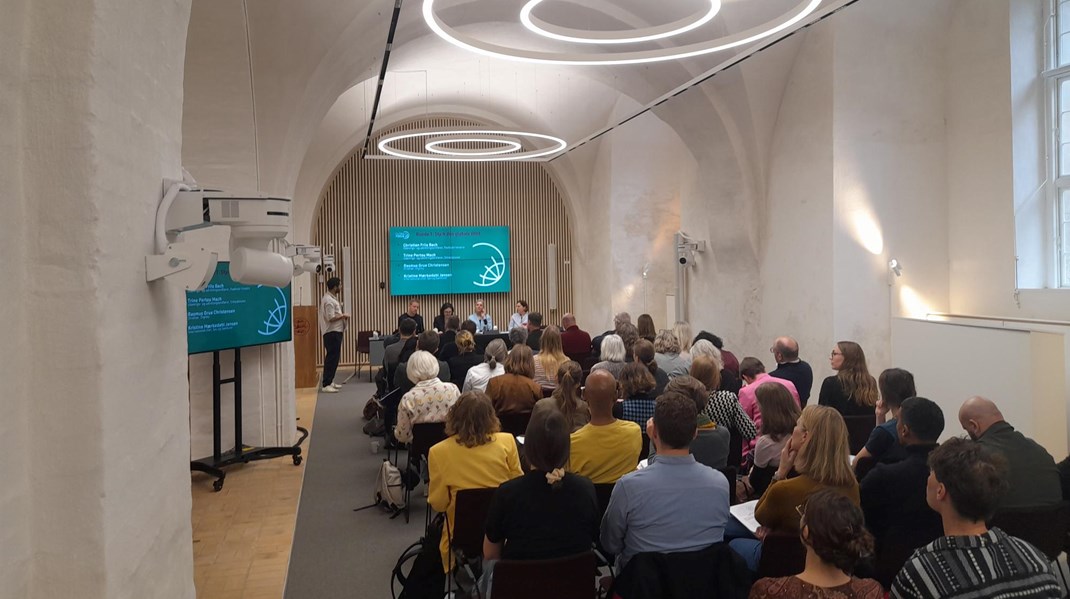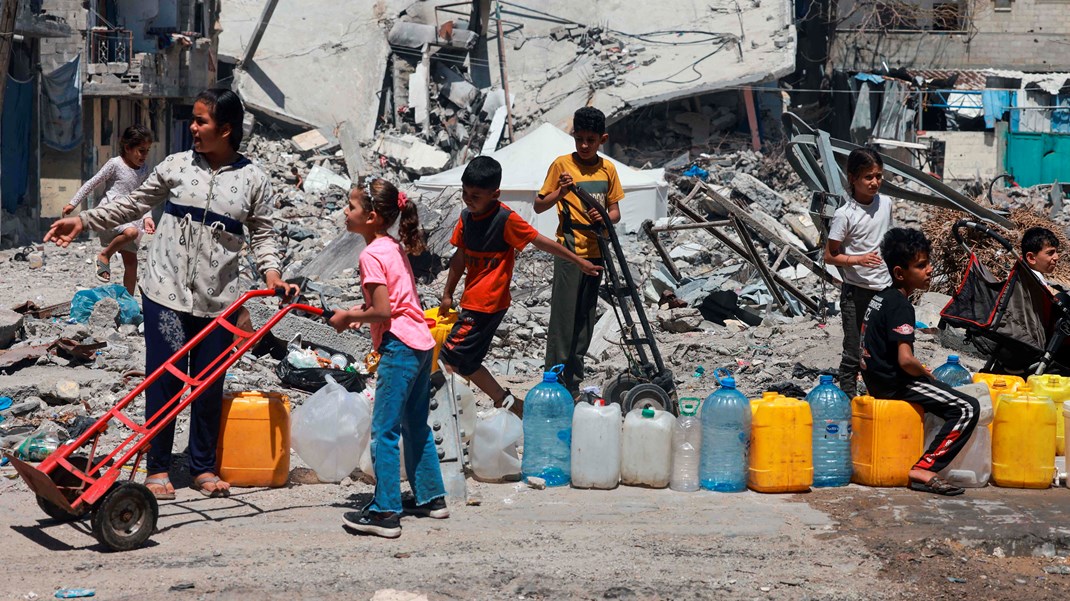Uncertainty for judicial mechanism designed to address justice for victims of violence in Colombia
**On Thursday 14 March 2019, Ambassadors from Germany, Belgium, Norway, Netherlands, United Kingdom, Sweden, Switzerland, European Union and the UN Verification Mission came out in support of the Special Jurisdiction for Peace (JEP) as one of the central pillars of the Colombian Transitional Justice System providing justice for the victims of the conflict.**
The Special Jurisdiction for Peace (JEP, Spanish acronym) is the judicial mechanism that is part of the Transitional Justice System agreed by the State in the Peace Accord (Nov. 2016). It is designed to address justice for the victims of violence, mass atrocity and human rights violations. As such, it is a fundamental element for peace. When ex-President Santos left office, the Statutory Law providing the legal framework for the JEP had passed through Congress and its constitutionality was being assessed by the Constitutional Court.
Following the Court’s declaration of constitutionality, the draft law was returned to the President for his final signature. The then President Duque refused to sign the bill (March 2019), objecting to six important articles. This refusal has far reaching implications, including the likelihood that it will take another 12 months to debate and process the changes. It is also in danger of sending a powerful message regarding impunity, as well as, precipitating a sense of trauma, injustice and exclusion in the victims.
Seeking to reform the law establishing a legal framework for the JEP rings alarm bells for many, as it is seen as the start of a process to dismantle the legal certainty of the Accord. The Accord is a 12-year agreement, entered into by the State and ratified by the Colombian Constitutional Court. It would be a retrogressive step, undermining confidence and with serious repercussions for peace, if the Duque Government does not honour State agreements, including the possibility of ex-FARC combatants abandoning the peace process.
0n 10 March 2019, President Ivan Duque announced that he objected to 6 of the 159 articles. For many legal organisations this was an unprecedented situation because it is the first time in the history of the country that a President has refused to sign a statutory law already approved by Congress and the Constitutional Court.[
[i]](https://www.abcolombia.org.uk/uncertainty-for-colombias-special-jurisdiction-for-peace-jep/#_edn1) Seeking to reform the law establishing a legal framework for the JEP rings alarm bells for many, as it is seen as the start of a process to dismantle the legal certainty of the Accord.
The JEP has a limited lifespan: it has started to accept reports and take testimonies from the victims, however, none of those participating in the JEP will have legal certainty until the Statutory Law is signed. Duque’s decision severely hampers the functioning of the JEP and considerably weakens this judicial mechanism. It has resulted in considerable disquiet, likely to affect willingness to tell the truth. This destabilisation is in danger of unravelling what just a few months ago was an advancing peace process.
According to the United Nations System (UN) and the Verification Mission in Colombia, what the Government does in relation to the JEP “…**_ will determine, to a large extent, whether victims’ rights are placed at the centre of peacebuilding.”_**


